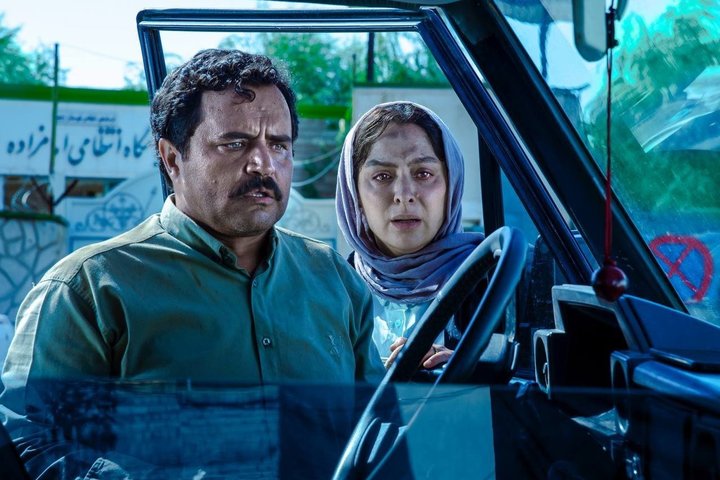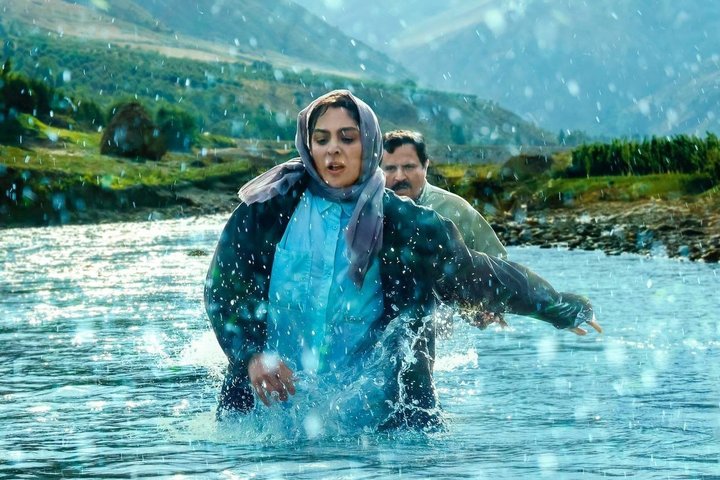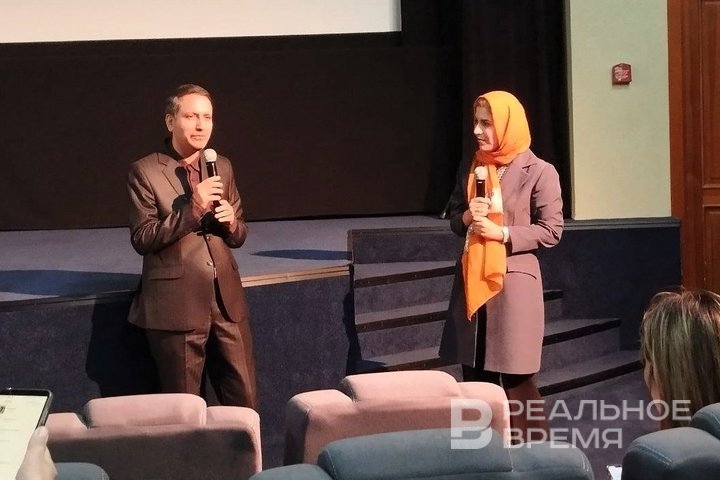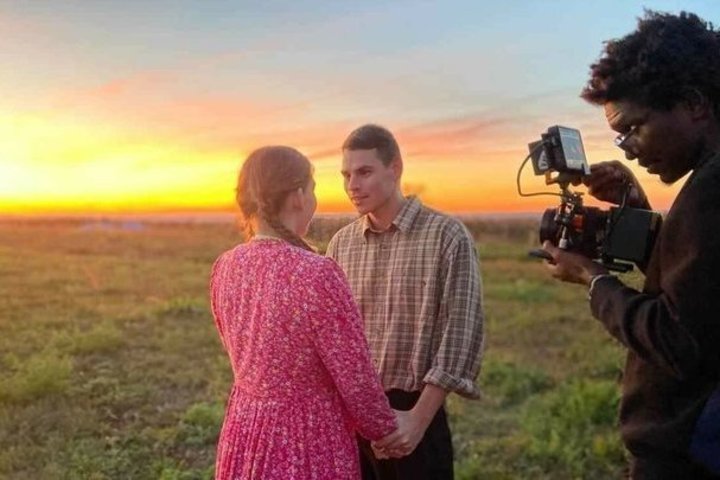Iran’s Consul Davoud Mirzakhani: ‘Our directors want to build a bridge between modernism and the preservation of values’
Altyn Minbar is opening with an Iranian film about divorce

This year, the Altyn Minbar Festival takes place on September 6-11. At Mir cinema, journalists were shown his opening film — the Iranian drama In the Arms of the Tree, about a family going through a divorce. The film is to be shown in several cinemas of the city.
Family values are trending
“Every year we choose the opening film of the festival, taking into account the trends in cinema that year," explained Milyausha Aytuganova, the executive director of the Altyn Minbar Film Festival. “Every year there are different topics, as it turned out, they are very similar in different countries. This means that cinematographers very subtly capture the mood of society, the main topics of concern to the population. Strangely enough, many topics recur, it seems that the whole world have the same problems.
The film In the Arms of the Tree is about family values. The choice is due not only to that the year 2024 has been declared the Year of Family in Russia, Aytuganova said. It's just that even the films sent to the festival are around this topic.
The film directed by Babak Khajepasha, originally from the province of East Azerbaijan, became the best at the Fajr International Film Festival in Tehran two years ago.

The film shows a family of the owner of a store and a fish farm. Farid and Kimya are getting divorced because the wife cannot cross the sign of reaching the city of Orumie and prefers to live outside the city. It is to do with a dark history of her student days. The couple has two children — the eldest Takha and little Alisan. Reza's assistant, who is in love with a young woman from the store, drives them on an old motorcycle.
The funniest thing in this dramatic film, where in the last 20 minutes the director pushes it to the limit, is a collision with a chicken seller, after which Farid buys a few of them and takes them, reminding us all of the familiar song to which the Wolf from Well, Just You Wait! got into the chicken coop. Then one realises that Iran is not so exotic.

Opening will be the open-air
An invitation to the director to the Kazan festival has been sent, but now, as the organisers realised, Khajepasha is preparing for new filming. On September 6, his film is to be shown in the Mir and Rodina cinemas (where the festival is to be held), as well as at two outdoor venues — in the Government Offices and on the embankment of Kaban Lake.
“A healthy family is a sign of a healthy society. There are many family problems in the world that lead to divorce," Iran's Consul Davoud Mirzakhani commented on the film. “As you can see, disagreements between men and women lead to that innocent children become victims, who had no influence on these problems.”
“What is the secret of Iranian cinema?" a correspondent of Realnoe Vremya asked the consul.
“Of course, the West influences us in all areas, as well as people who work in the field of cinema," Mirzakhani replied. “But this is not an absolute influence. They take positive positions from there, preserving the values that exist in Iran itself. We see that the more the West penetrates, the more divorces are happening in the last 40 years all over the world. Our directors in Iran pay attention to family problems. They want to build a bridge between modernism (modernity — ed.) and the preservation of local values. Because of the lack of balance between these things, divorces occur.”

Festival itself is to become fee-paying
Founded in 2005, the Kazan International Muslim Film Festival changed its name to Altyn Minbar this year. Another innovation is that screenings are to become fee-paying: “The organisers believe that ticket sales are a necessary measure," the press release says. “This will make it possible to predict the demand for a particular film. In previous years, there were so many people willing to attend some sessions that it was not possible to provide seats for everyone. Ticket sales will be open in advance, and if tickets are sold out for any session, the festival management is going to open an additional hall.” Tickets are to cost no more than 200 rubles. The motto of the festival has not changed: “Through the dialogue of cultures — to the culture of dialogue”.
The star guests of Altyn Minbar will be actors from Turkey, known in Russia for the TV series Magnificent Century and Resurrection: Ertuğrul. The director of the latter, Metin Günay, is also coming to Kazan.
The film festival received 814 applications from 47 countries, 51 films from 27 countries entered the competition program. In particular, the main nomination Feature-length Films will feature the Tatarstan film Gashyklar Tavy/Mountain of Love, which director Salavat Yuzeev filmed based on the texts of his father, poet and playwright Ildar Yuzeev. The film was included in the list of encouraged projects of the Ministry of Culture of Russia, receiving a subsidy of 50 million rubles. Filming took place not only in Russia, but also in Belarus.

In addition to Yuzeev's work, Paradise (Prasanna Vithanage, Sri Lanka), Bauyryna Salu (Askhat Kuchinchirekov, Kazakhstan), Gazelle (Houshang Golmakani, Iran), Glass Curtain (Fikret Reyhan, Turkey), Evrilish (Yolkin Tuychiev, Uzbekistan) are represented in this nomination), Furulu (Ali Berkennou, Algeria), Legends of Eternal Snows (Alexey Romanov, Sakha Republic), A House named Shahana (Leesa Gazi, Bangladesh) and Joseph's Son (Haobam Paban Kumar, India).
In the national competition, which gathered works from the republic, 11 films are presented — for example, The Mute Cuckoo/Telsez Kuke, which Rauf Kubaev filmed based on the play of the same name by Zulfat Khakim — two Tatars from two countries meet in the Finnish-Soviet war. The play was successful at the Galiaskar Kamal Tatar Academic Theatre.